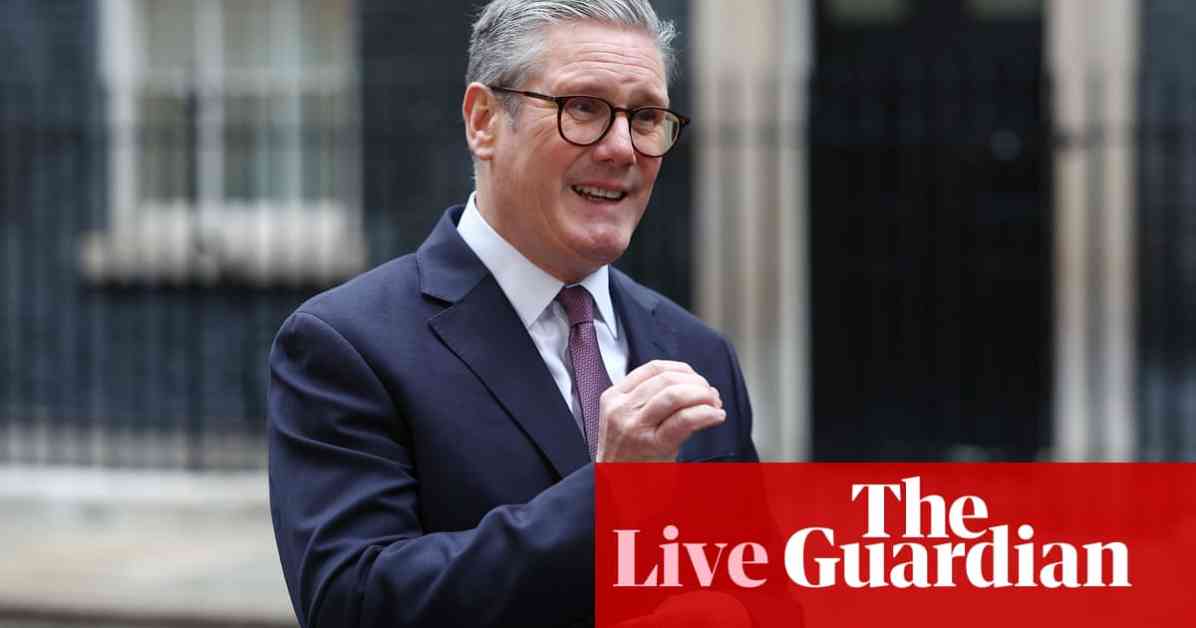Keir Starmer, the leader of the Labour Party, is facing scrutiny over whether raising employers’ national insurance contributions would constitute a breach of his party’s manifesto promise. The Conservatives are claiming that such an increase would go against Labour’s commitment not to raise taxes on working people, as outlined in their manifesto.
Starmer argues that the manifesto was clear in its intention not to increase taxes on working people, including national insurance contributions. However, there is ambiguity in the wording of the manifesto, particularly regarding the distinction between employees’ and employers’ NICs.
During the election campaign, the Tories repeatedly challenged Labour politicians to explicitly rule out raising employers’ NICs, but Labour shadow ministers refused to give that commitment. The Conservatives capitalized on this by asserting that Labour did intend to raise various taxes, including employers’ national insurance.
The debate surrounding this issue has intensified, with the Conservatives accusing Labour of being inconsistent and opportunistic. The Tories are doubling down on their claim that raising employers’ national insurance would breach Labour’s manifesto promise.
In response, Keir Starmer has emphasized that Labour will not break its manifesto promises and will uphold the commitments made to the electorate. He maintains that the focus of the budget will be on rebuilding the country and fostering economic growth.
The issue of national insurance contributions remains a contentious topic, with experts like Paul Johnson from the Institute for Fiscal Studies weighing in on the matter. Johnson believes that raising employers’ national insurance would indeed constitute a breach of Labour’s manifesto.
As the debate continues to unfold, it is clear that the implications of this policy decision could have far-reaching effects on businesses, workers, and the overall economy. The outcome of this discussion will shape the direction of Labour’s economic policies and set the tone for future budget decisions.
In the midst of this controversy, Keir Starmer remains steadfast in his commitment to fulfilling Labour’s manifesto promises and navigating the challenges of rebuilding the economy post-pandemic. As the political landscape evolves, the decisions made regarding national insurance contributions will be closely watched by stakeholders and the public alike.












